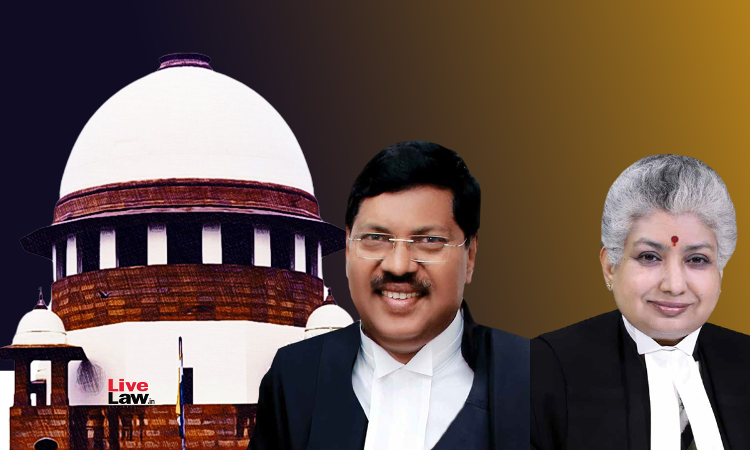Promissory Estoppel Would Not Apply Against The Exercise Of Legislative Powers Of The State : Supreme Court
Ashok KM
17 Oct 2022 7:30 PM IST

Next Story
17 Oct 2022 7:30 PM IST
The Supreme Court observed that the doctrine of promissory estoppel would not apply against the exercise of legislative powers of the State.In this case, the High Court of Delhi, dismissed writ petitions filed by Hero Motocorp and Sun Pharma Laboratories Ltd. who claimed 100% budgetary support in lieu of the pre-existing 100% outright excise duty exemption for ten years from the date of...
